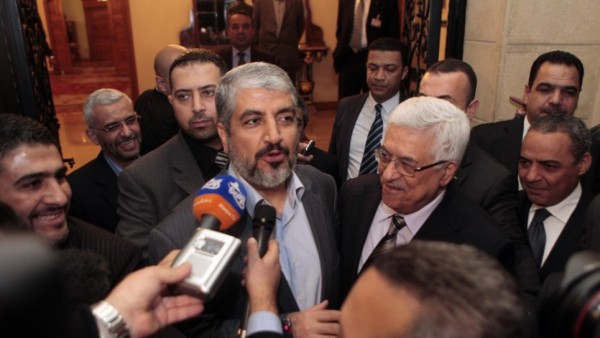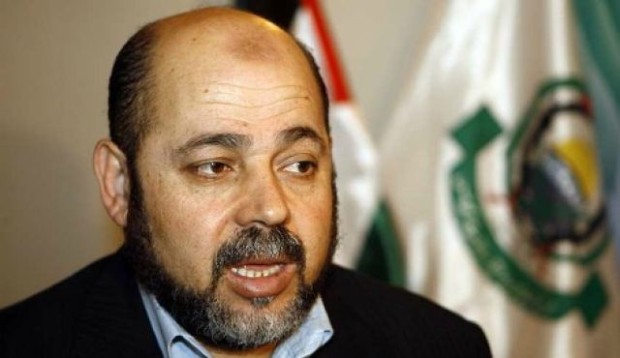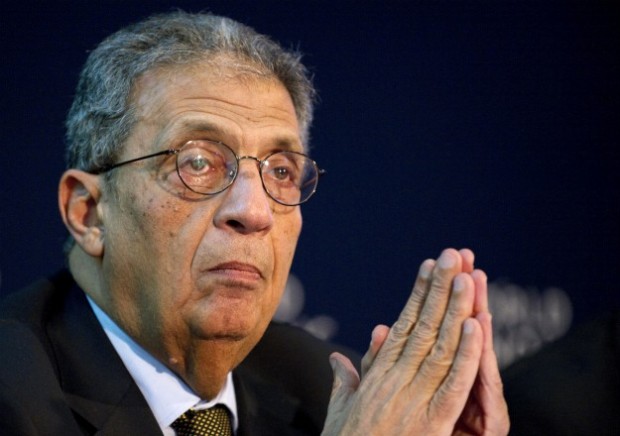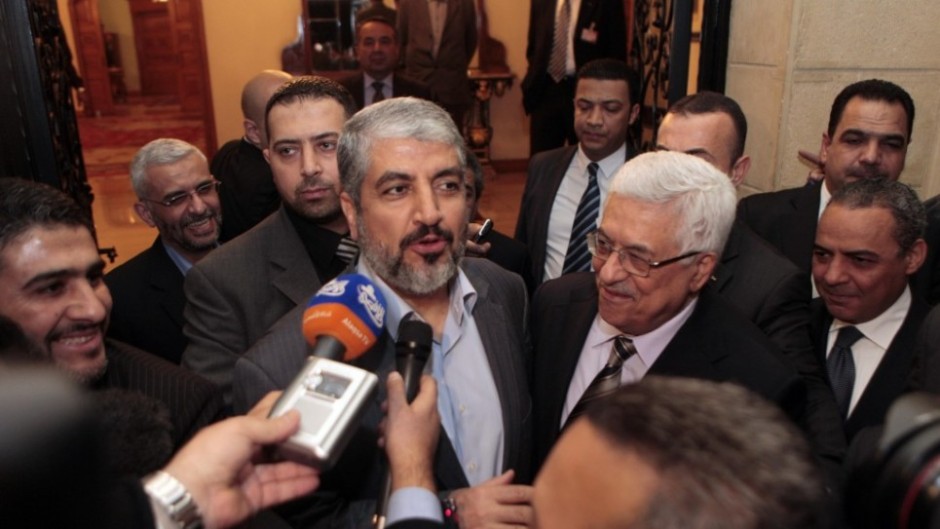Mahmoud Abbas, the president of the Palestinian Authority, faces a May 28 deadline to form what has almost always eluded the Palestinian movement — a national unity government that can speak with one voice, particularly with respect to Israel.
It’s a daunting challenge, since the Palestinians have only once capitalized on this opportunity. In March 2007, they managed to establish such a government, but it was extremely short-lived, having fallen apart just three months later.
Seven years on, they seem more determined than ever to succeed, following the April 23 reconciliation agreement signed by Fatah, Abbas` secular faction, and Hamas, the Islamic Resistance Movement. In a sign of the times, Fatah and Hamas reaffirmed their commitment to the accord after Abbas and Khaled Meshal, Hamas’ political director, met in Qatar in early May.

From a purely Palestinian point of view, the pact is a positive development. It’s a chance for the Palestinians to patch up their differences on the long and arduous road to statehood.
Since the conflict with Zionism turned bloody in the 1920s, Palestinian disunity has worked to Israel’s advantage. Hamas’ violent takeover of the Gaza Strip in June 2007 only exacerbated the problem. The net result of it all is that the current schism between Fatah and Hamas has split the Palestinians into two rival camps at odds over Israel and other key issues.
A day after the Palestinians’ reconciliation agreement was announced, Israeli Prime Minister Benjamin Netanyahu’s cabinet voted unanimously to suspend U.S.-sponsored peace talks with the Palestinian Authority. Netanyahu asserted that he would not negotiate with a Palestinian government “backed by Hamas.”
Israel claims that the negotiations collapsed due to that agreement. The truth is more complex, of course. The Palestinians gradually lost confidence in the talks because Israel deliberately expanded settlements in the West Bank — a major territorial component of a future Palestinian state. The disruptive tactic was supported by members of Netanyahu’s own Likud Party and by two of his coalition partners, Naftali Bennett and Avigdor Liberman, both of whom oppose a two-state solution.
The prospect of a new Palestinian government with Hamas ministers would definitely heighten Israeli suspicions of Palestinian intentions. The reason is clear. While Fatah has come to terms with Israel’s existence, if only grudgingly, Hamas refuses to recognize Israel, never mind its legitimacy. Hamas’ charter calls for an Islamic Palestinian state in historic Palestine. Hamas, unlike Fatah, does not draw a distinction between Tel Aviv and Ramallah or Haifa and Nablus.
Fatah is prepared to coexist with Israel on the basis of its pre-1967 borders, but to Hamas, Israel’s destruction is a primary objective. To put it into perspective, Hamas today is what the Palestine Liberation Organization was more than 25 years ago.
Abbas and his closest associates maintain that a new Palestinian unity government will abide by the conditions laid down by the Quartet, composed of the United Nations, the United States, the European Union and Russia. Several years ago, the Quartet issued a declaration demanding that Hamas accept Israel’s existence, renounce terrorism and embrace agreements signed by Israel and the Palestinian Authority since the 1993 Oslo peace process.
Hamas has not done so. Indeed, Hamas has only hardened its rejectionist position since April 23.

Mousa Abu Marzook, the Hamas official who played a central role in last month’s accord, has declared that recognition of Israel is a “red line that cannot be crossed.” As he said in Gaza City, “We will not recognize the Zionist entity.”
Ziad Abu Amr, the deputy prime minister of the Palestinian Authority, has characterized such candid comments as political posturing. But one strongly suspects that Marzook meant what he said. Hamas has not reconciled itself to Israel’s existence, though it is ready to sign a long-term ceasefire with the Jewish state under certain conditions.
Fatah’s disagreement with Hamas over this pivotal issue flared yet again on May 15, when the Palestinians marked Nakba Day to commemorate Israel’s birth and the dispossession of 600,000 Palestinian Arabs from their homes in what was Palestine in 1948.
In a commentary on its official website, Hamas described the displacement of Palestinians during the first Arab-Israeli war as “the most heinous crime and ethnic cleansing in modern history.” Hamas rejected concessions on “even one inch of Palestinian land” and pledged to press on with its campaign of “armed resistance.”
By contrast, Abbas struck a largely conciliatory tone, reaching out to Israel’s leadership for understanding and sympathy. “It is time for the Israeli leaders to understand that Palestinians have no homeland but Palestine,” he said in an implicit reference to the West Bank and Gaza. “They will remain here.
Clearly, the ball is in Hamas’ court.
As Egypt’s former foreign minister, Amr Moussa, pointed out recently, Hamas must recognize Israel if the Palestinians are to move forward to statehood.
Moussa, a harsh critic of Israeli policy and a supporter of the Palestinians’ reconciliation agreement, suggested that Hamas’ recognition of Israel should be facilitated through the 2002 Arab League peace plan, which the Israeli government effectively dismissed.

The Arab peace initiative, he noted, “is the map of normalization and recognition of the state of Israel together with the establishing of the Palestinian state and the (Israeli) withdrawal from the occupied (territories).”
He added, “If Hamas does this, it would be a major step in the direction of formulating a favourable all-Palestinian policy towards the Palestinian-Israeli conflict.”
If Hamas accepts the reasonable demands of the Quartet, which Israel supports, the peace process can be revived. Progress would then be possible, as would, perhaps, a peaceful resolution of the Arab-Israeli dispute. But if Hamas digs in its heels and reverts to form, the Fatah-Hamas reconciliation accord will be widely seen as yet another obstacle blocking the path toward peace.
It’s incumbent on Abbas and the Palestinian Authority to push Hamas in a positive direction. If they fail to do so, what is left of the battered peace process will wither on the vine, with all its consequences.
